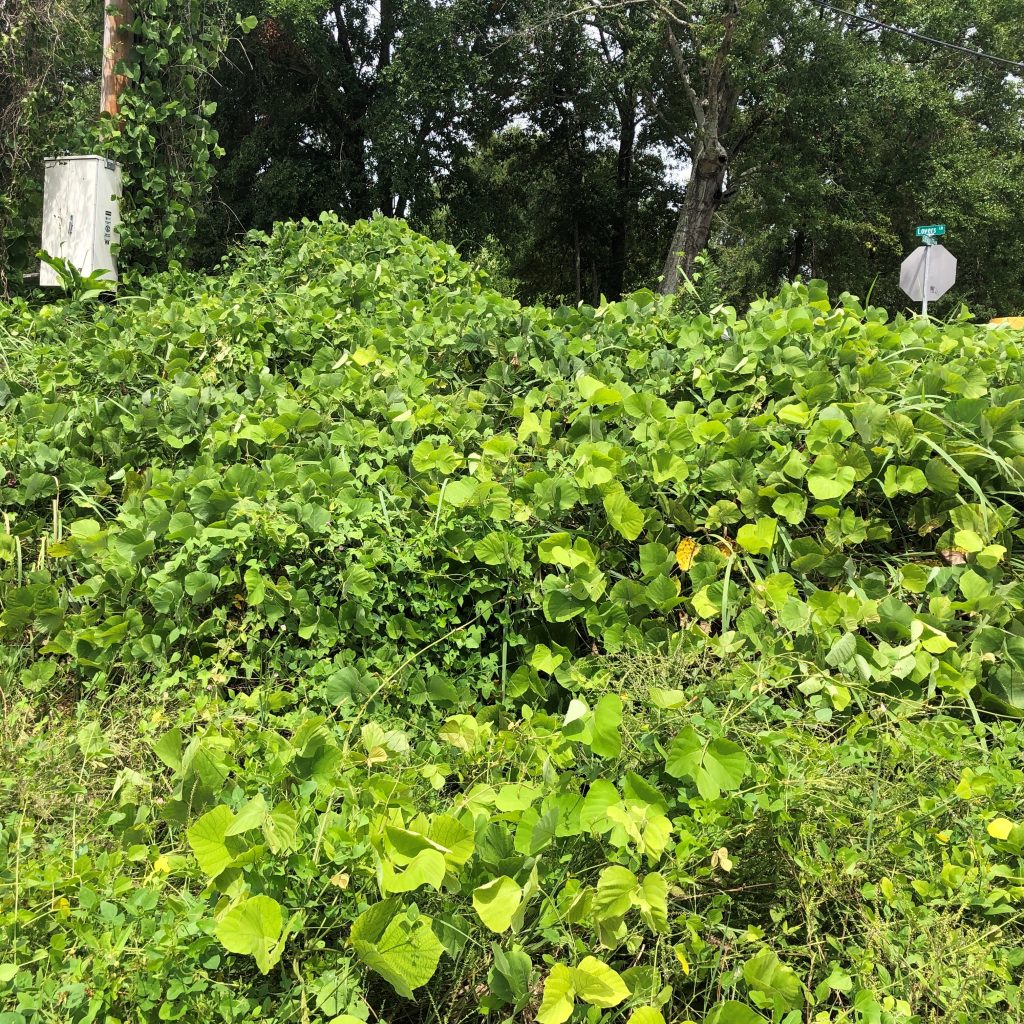I am pretty sure that most folks would agree that if you add enough sugar to something you can make jelly. Well, almost anything, right? The recipe is simple enough – three or so cups of juice, a ton of sugar, some pectin, and clean jars. The colors are interesting at times, but in the end, they all go well on toast and pair well with the old standby – peanut butter.
Most of us grew up with blackberry, strawberry, or mayhaw jelly, made with love by your mother, grandmother or favorite aunt. Blueberries and muscadine grapes make good jelly, and I have recently become fond of jelly made with beautyberries and elderberries. Well, I am here to tell you that good jelly can come from flowers as well.

The interesting thing about this plant is that most of its parts are edible and nutritious. The Japanese use large tubers as a source of starch. The tender young shoots and leaves are also eaten. The list of medicinal uses is lengthy. But tubers grow deep in the ground and the vines and leaves can be tough to harvest. The flowers are the easiest parts to harvest. They are not, however, easy to spot, as they are tucked away under the large canopy of leaves.
Should you have an inkling to try something new, late August/early September is the time to collect the dark purple or white blossoms from among those leaves. The purple-flowered species is most common here, but white-flowered kudzu is here as well. The flowers are easily pulled from the stout flower stalk and can be eaten raw. Making jelly with them is as easy as boiling the flowers in a couple of cups of water for a few minutes and using the strained juice. What is neat is that in the case of purple flowers, the juice turns bright green when boiled. Only when the pectin is added does the bright purple color return.
A light tasting jelly is a result and you can then tell your friends that you are helping to eat some of the vines that ate the south.
Hope to see you in our great outdoors!